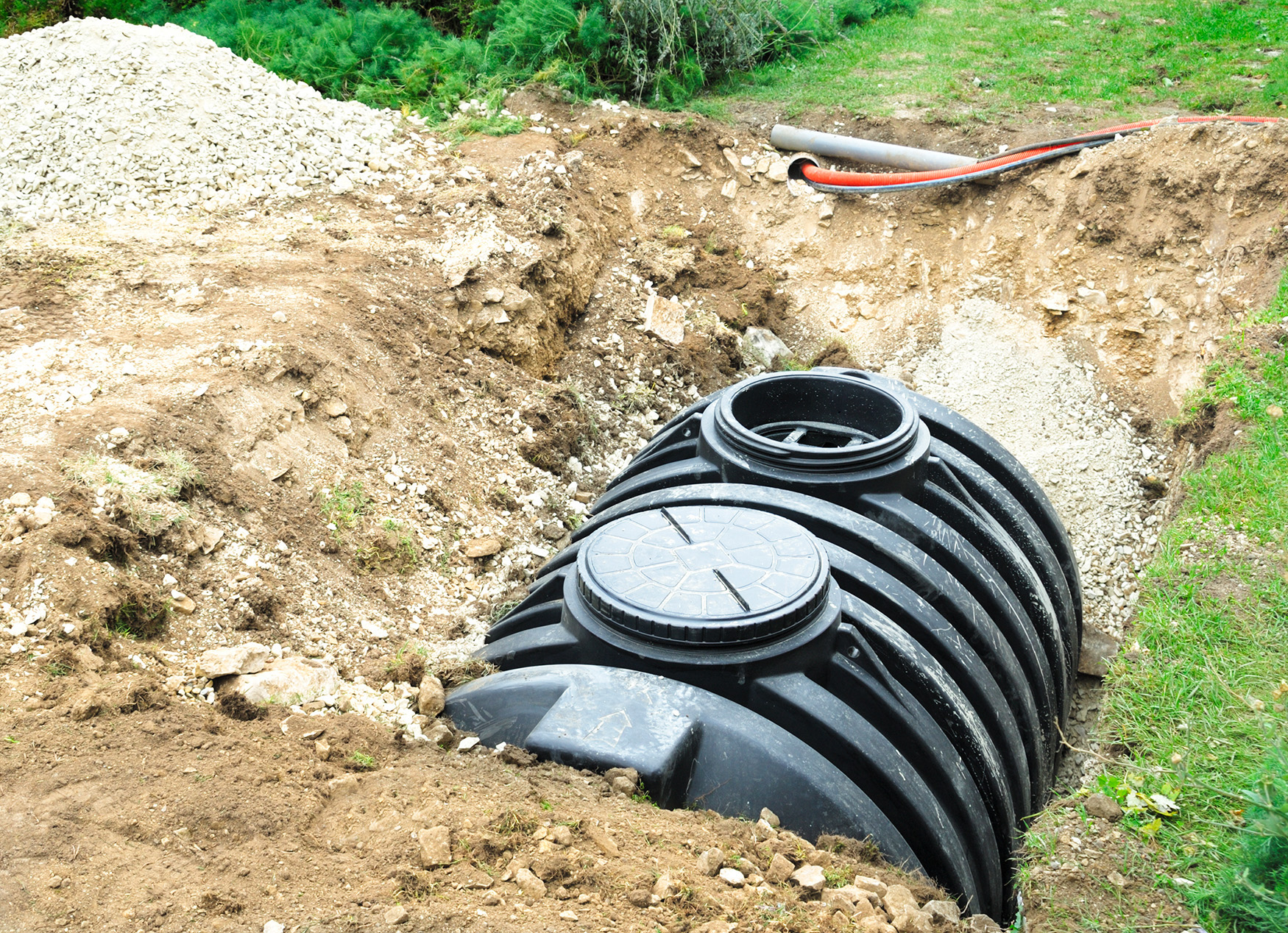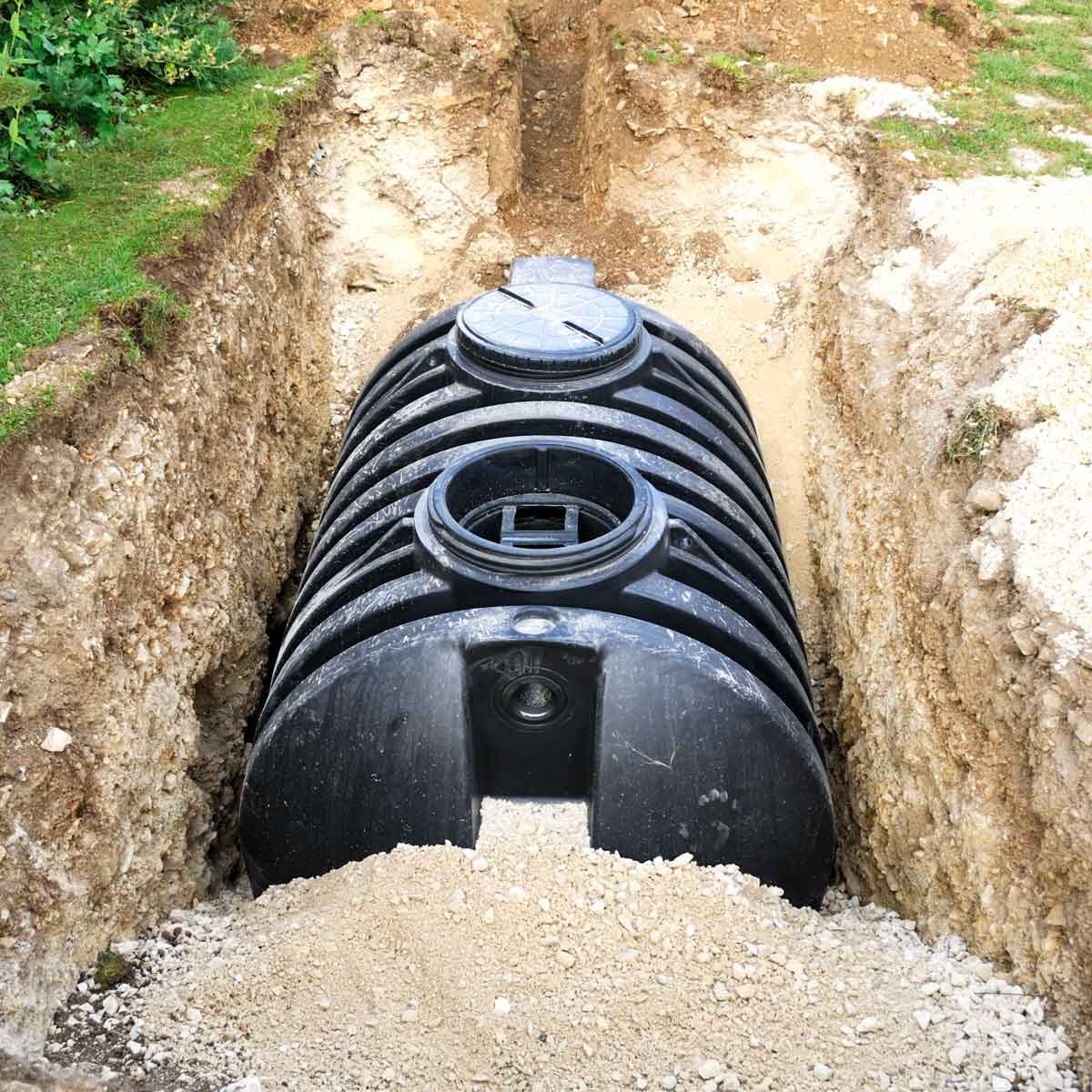Important Tips for Septic System Cleansing to Avoid Costly Repair Work
Keeping a well-functioning sewage-disposal tank is crucial to avoid expensive repair services and possible carcinogen. Numerous property owners ignore the significance of routine septic storage tank cleaning and maintenance. To ensure the longevity and efficiency of your septic tank, there are numerous crucial pointers to bear in mind. By adhering to a routine pumping routine, practicing proper waste disposal, preserving water, making use of septic-safe cleansing products, and conducting normal examinations, you can stop major issues and save on your own from unneeded expenditures. What are these ideas and exactly how can they help you keep a healthy septic system? Let's discover additionally.
Normal Pumping Schedule
What is the suggested frequency for septic container pumping in order to keep ideal performance and protect against pricey problems? Regular pumping of a septic container is vital for its appropriate functioning and to stay clear of costly repair work. By sticking to a suggested pumping schedule, homeowners can keep their septic tanks in optimum condition, ensuring lasting performance and staying clear of expensive repairs.
Correct Waste Disposal Practices
To make certain the ideal performance of a septic container and avoid pricey problems, it is critical to practice correct waste disposal approaches. Proper garbage disposal not only assists maintain the performance of the septic system yet also secures the environment and advertises public wellness.

One necessary technique is to avoid flushing or disposing of non-biodegradable products down the bathroom or drains pipes. Things such as diapers, feminine napkins, cigarette butts, and plastics can block the pipelines and gather in the sewage-disposal tank, resulting in obstructions and prospective system failings. It is very important to deal with these items in the suitable garbage can.
Furthermore, extreme use house chemicals, such as bleach, anti-bacterials, and solid cleansers, can interfere with the all-natural equilibrium of microorganisms in the septic container. These chemicals can eliminate the beneficial bacteria responsible for breaking down waste, causing a much less reliable system. Making use of eco pleasant and septic-safe cleaning products is suggested.
Moreover, it is important to be mindful of what goes down the cooking area sink. Oil, fats, and oils must never be put down the drain as they can solidify and block the pipes. Rather, they must be accumulated and gotten rid of in a different container.
Avoiding Excess Water Use
Preserving water is vital for preserving the effectiveness and long life of a septic tank. Excess water use can bewilder the septic storage tank, resulting in potential concerns such as blockages, backups, and pricey repair services. It is essential to take on water-saving techniques to stop unnecessary pressure on the septic system.
One basic way to stay clear of excess water usage is by dealing with any type of leakages in your plumbing system promptly. Also small leaks can waste a considerable amount of water with time, enhancing the lots on your sewage-disposal tank (septic lancaster oh). Regularly inspect faucets, bathrooms, and pipes for leaks and have them fixed right away
Another efficient action is to install water-efficient components and devices. Low-flow toilets, showerheads, and taps can significantly minimize water intake without sacrificing efficiency. In addition, consider utilizing high-efficiency cleaning machines and dishwashing machines that have water-saving functions.
Exercising water conservation practices in your everyday tasks can additionally make a difference. As an example, take much shorter showers, shut off the faucet while brushing your teeth or washing dishes, and only run complete lots in your washing device and dishwashing machine. These tiny adjustments can amount to significant water savings in time.

Using Septic-Safe Cleaning Products
Utilizing cleaning products that are specifically developed to be risk-free for septic systems is vital for preserving the health and wellness and performance of your sewage-disposal tank. Septic-safe cleansing items are developed with components that do not hurt the delicate balance of bacteria in your septic container, which is crucial for the proper failure of waste products. These items are complimentary from extreme chemicals, such as bleach, chlorine, ammonia, and phosphates, which can interrupt the natural process of decomposition and bring about pricey repair services.
When selecting cleansing products for your home, it is important to review the labels and seek those that are identified as septic-safe or septic-friendly. These items are particularly made to be safe and biodegradable, making certain that they will not damage your septic system or the setting. They are usually made with all-natural components, such as plant-based surfactants and enzymes, that work in cleaning more while being mild on your septic tank.
Making use of septic-safe cleaning products not just helps to preserve the wellness and functionality of your septic tank but likewise adds to the overall wellness of the setting. By avoiding using extreme chemicals, you reduce the danger of polluting groundwater and neighboring bodies of water. Additionally, these products are generally packaged in environmentally friendly containers, additionally decreasing their effect on the atmosphere.
Normal Examination and Maintenance
Preserving the health and wellness and capability of your septic tank calls for regular evaluation and maintenance to make sure optimum efficiency. Normal inspection of your septic tank is important for determining any kind of possible concerns prior to they come to be significant troubles. By organizing normal inspections, you can capture tiny leaks, fractures, or obstructions at an early stage, stopping them from rising into pricey repair work or perhaps system failure.

Throughout an inspection, an expert sewage-disposal tank professional will certainly analyze the problem of your container, look for any kind of signs of damage or deterioration, and ensure that all components are functioning correctly. They will likewise measure the levels of sludge and scum in the tank and determine if it requires to be pumped. Normal pumping of your septic system is necessary to remove accumulated solids and prevent them from obstructing the system.
Along with assessments, routine maintenance is essential for the long life and performance of your click over here now septic tank. This consists of appropriate usage of the system, such as staying clear of purging non-biodegradable products or excessive usage of water, along with routine maintenance jobs like cleaning up the effluent filter and maintaining the drainpipe field.
Conclusion
Finally, complying with a regular pumping schedule, exercising proper garbage disposal, preventing excess water usage, making use of septic-safe cleaning items, and carrying out regular examination and upkeep can assist prevent pricey repair work for you can check here sewage-disposal tanks. By carrying out these vital tips, house owners can guarantee the correct functioning of their septic tanks and avoid the aggravation and expense of fixing or replacing them.
Routine pumping of a septic container is important for its correct functioning and to stay clear of expensive repair services. Items such as diapers, hygienic napkins, cigarette butts, and plastics can block the pipelines and accumulate in the septic storage tank, leading to clogs and potential system failings.Making use of cleaning items that are specifically developed to be secure for septic systems is important for preserving the wellness and functionality of your septic storage tank.Throughout an inspection, an expert septic storage tank professional will evaluate the problem of your container, check for any kind of signs of damage or degeneration, and make certain that all components are operating properly. Routine pumping of your septic storage tank is crucial to get rid of gathered solids and stop them from clogging the system.